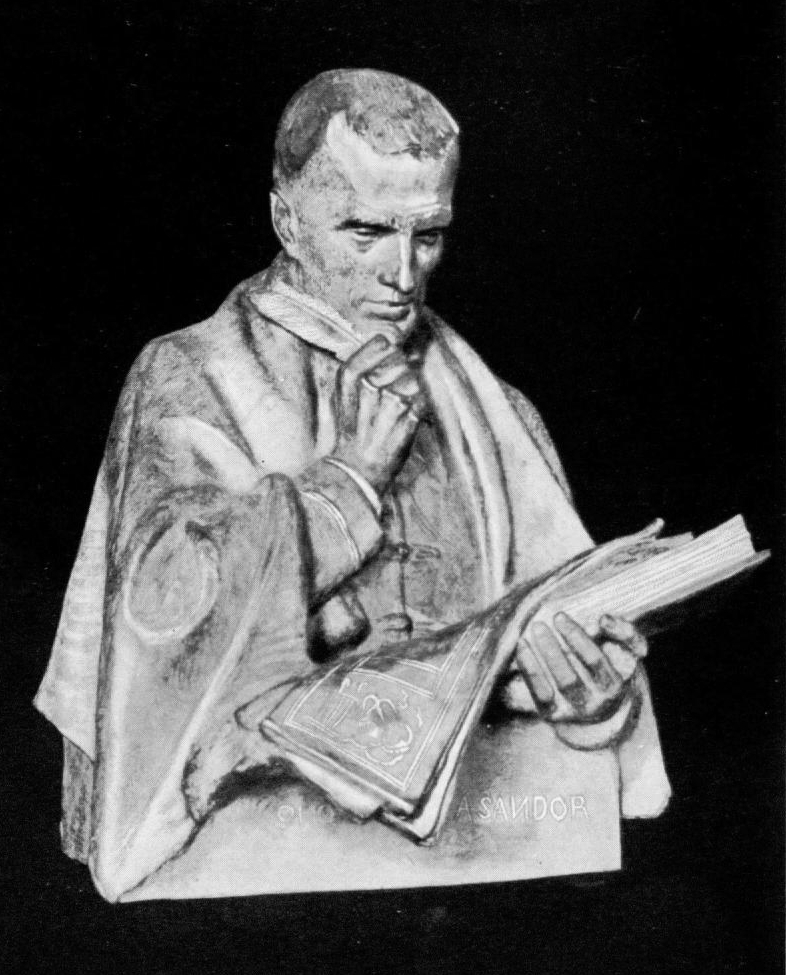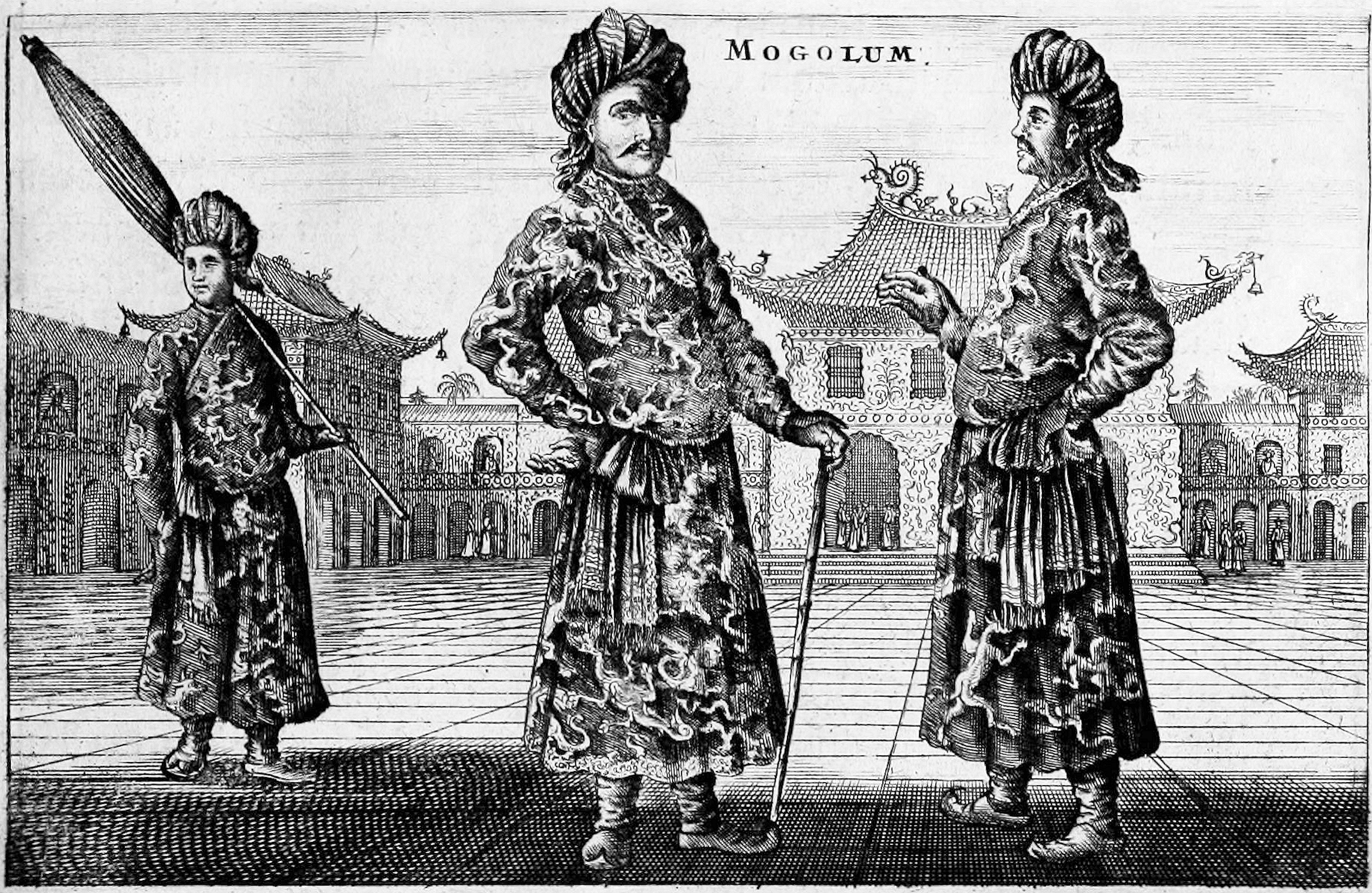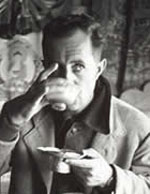|
Tibetology
Tibetology () refers to the study of things related to Tibet, including its history of Tibet, history, Tibetan Buddhism, religion, Standard Tibetan, language, Tibetan culture, culture, Politics of Tibet, politics and the collection of Tibetan articles of historical, cultural and religious significance. The last may mean a collection of Tibetan statues, shrines, Buddhist icons and holy scripts, Thangka embroideries, paintings and tapestries, jewellery, masks and other objects of fine Tibetan art and craftsmanship. History *The Jesuit Antonio de Andrade (1580–1634) and a few others established a small mission and church in Tsaparang (1626), in the kingdom of Guge (Western Tibet) in the 17th century. When the kingdom was overrun by the king of Ladakh (1631), the mission was destroyed. *A century later another Jesuit, the Italy, Italian Ippolito Desideri (1684–1733) was sent to Tibet and received permission to stay in Lhasa where he spent 5 years (1716–1721) living in a Tibetan mo ... [...More Info...] [...Related Items...] OR: [Wikipedia] [Google] [Baidu] |
Richard Keith Sprigg
Richard Keith Sprigg (31 March 1922 – 8 September 2011) was a British Linguistics, linguist who specialised in the phonology of Asian languages. Sprigg was educated under J. R. Firth and was a member of the first generation of professional British linguists. Also as a consequence Sprigg was an advocate of the prosodic phonological method of Firth. Sprigg worked on several Tibeto-Burman languages including Lepcha language, Lepcha, and various Tibetan dialects. He taught for many years at the School of Oriental and African Studies, and retired to Kalimpong, West Bengal, India with his wife Ray, granddaughter of David Macdonald the author of ''The Land of the Lama'' and ''20 Years in Tibet'', until her death. In 2000 he returned to UK and lived in retirement with his second wife Elisabeth in Crowborough, East Sussex, England. Works *Sprigg, Richard Keith (1950). "Hunting the things they say." ''Himalayan Times'', Kalimpong. *Sprigg, Richard Keith (1954).Verbal Phrases in Lhasa Ti ... [...More Info...] [...Related Items...] OR: [Wikipedia] [Google] [Baidu] |
Tibet
Tibet (; ''Böd''; ) is a region in East Asia, covering much of the Tibetan Plateau and spanning about . It is the traditional homeland of the Tibetan people. Also resident on the plateau are some other ethnic groups such as Monpa people, Monpa, Tamang people, Tamang, Qiang people, Qiang, Sherpa people, Sherpa and Lhoba peoples and now also considerable numbers of Han Chinese and Hui people, Hui settlers. Since Annexation of Tibet by the People's Republic of China, 1951, the entire plateau has been under the administration of the People's Republic of China, a major portion in the Tibet Autonomous Region, and other portions in the Qinghai and Sichuan provinces. Tibet is the highest region on Earth, with an average elevation of . Located in the Himalayas, the highest elevation in Tibet is Mount Everest, Earth's highest mountain, rising 8,848.86 m (29,032 ft) above sea level. The Tibetan Empire emerged in the 7th century. At its height in the 9th century, the Tibet ... [...More Info...] [...Related Items...] OR: [Wikipedia] [Google] [Baidu] |
David Snellgrove
David Llewellyn Snellgrove, FBA (29 June 192025 March 2016) was a British Tibetologist noted for his pioneering work on Buddhism in Tibet as well as his many travelogues. Biography Snellgrove was born in Portsmouth, Hampshire, and educated at Christ's Hospital near Horsham in West Sussex. He went on to study German and French at Southampton University. In 1941 he was called up to do his military service as a member of the Royal Engineers. He attended the Officers Cadet Training Unit in the Scottish seaside town of Dunbar, and was commissioned as an infantry officer. Thereafter he attended various intelligence courses and further training at the War Office in London, from where he requested a posting to India. Snellgrove arrived in Bombay in June 1943, and travelled cross-country to Calcutta. He was stationed at Barrackpore, some way up the Hooghly River. A few months after beginning his posting he contracted malaria and was sent to the military hospital at Lebong, just n ... [...More Info...] [...Related Items...] OR: [Wikipedia] [Google] [Baidu] |
Sándor Kőrösi Csoma
Sándor Csoma de Kőrös (; born Sándor Csoma; 27 March 1784/811 April 1842) was a Hungarian people, Hungarian philologist and Orientalist, author of the first Standard Tibetan, Tibetan–English language, English dictionary and grammar book. He was called Phyi-glin-gi-grwa-pa in Tibetan, meaning "''the foreign pupil''", and was declared a ''bosatsu'' or bodhisattva by the Japanese in 1933. He was born in Kőrös, Grand Principality of Transylvania (today part of Covasna, Romania). His birth date is often given as 4 April, although this is actually his baptism day and the year of his birth is debated by some authors who put it at 1787 or 1788 rather than 1784. The Magyars, Magyar ethnic group, the Székelys, to which he belonged believed that they were derived from a branch of Attila's Huns who had settled in Transylvania in the fifth century. Hoping to study the claim and to find the place of origin of the Székelys and the Magyars by studying language kinship, he set off to Asi ... [...More Info...] [...Related Items...] OR: [Wikipedia] [Google] [Baidu] |
Standard Tibetan
Lhasa Tibetan (), or Standard Tibetan, is the Tibetan dialect spoken by educated people of Lhasa, the capital of the Tibetan Autonomous Region of China. It is an official language of the Tibet Autonomous Region. In the traditional "three-branched" classification of Tibetic languages, the Lhasa dialect belongs to the Central Tibetan branch (the other two being Khams Tibetan and Amdo Tibetan). In terms of mutual intelligibility, speakers of Khams Tibetan are able to communicate at a basic level with Lhasa Tibetan, while Amdo speakers cannot. Both Lhasa Tibetan and Khams Tibetan evolved to become Tone (linguistics), tonal and do not preserve the word-initial consonant clusters, which makes them very far from Classical Tibetan, especially when compared to the more Linguistic conservatism, conservative Amdo Tibetan. Registers Like many languages, Lhasa Tibetan has a variety of Register (sociolinguistics), language registers: * (Wylie transliteration, Wylie: , literally "wikt:demot ... [...More Info...] [...Related Items...] OR: [Wikipedia] [Google] [Baidu] |
Guge
Guge (; ) was an ancient dynastic kingdom in Western Tibet. The kingdom was centered in present-day Zanda County, Ngari Prefecture, Tibet Autonomous Region. At various points in history after the 10th century AD, the kingdom held sway over a vast area including south-eastern Zanskar, Upper Kinnaur district, and Spiti Valley, either by conquest or as tributaries. The ruins of the former capital of the Guge kingdom are located at Tsaparang in the Sutlej valley, not far from Mount Kailash and westwards from Lhasa. History Founding Guge was founded in the 10th century. Its capitals were located at Tholing and Tsaparang. Kyide Nyimagon, a great-grandson of Langdarma, the last monarch of the Tibetan Empire, fled from the insecure conditions in Ü-Tsang in 910 to arrive in Ngari (West Tibet). He established a kingdom around 912, annexing Purang and Guge. He established his capital in Guge. Nyimagon later divided his lands into three parts. The king's eldest son Palgyigon bec ... [...More Info...] [...Related Items...] OR: [Wikipedia] [Google] [Baidu] |
Philippe Édouard Foucaux
Philippe Édouard Foucaux (15 September 1811 – 20 May 1894) was a French tibetologist. He published the first Tibetan grammar in French and occupied the first chair of Tibetan Studies in Europe. He was born in the town of Angers on 15 September to merchant family. At the age of 27, he left for Paris to study Indology with Eugène Burnouf. After becoming aware of the work of Sándor Kőrösi Csoma, he studied Tibetan by himself for two years. After this he was appointed as a Tibetan teacher at the École des langues orientales where he gave his inaugural lecture on January 31, 1842. Funding for the position was canceled but Foucaux continued to instruct his students thereafter on a pro bono basis. Some of his most well-known students include , William Woodville Rockhill, and Alexandra David-Néel. Foucaux was a member of the Sociéte d'Ethnographie. After France became the Second Empire, Foucaux was elected as a member of the Collège de France. Foucaux was married to Mary Summ ... [...More Info...] [...Related Items...] OR: [Wikipedia] [Google] [Baidu] |
Order Of Friars Minor Capuchin
The Order of Friars Minor Capuchin (; postnominal abbr. O.F.M. Cap.) is a religious order of Franciscan friars within the Catholic Church, one of Three " First Orders" that reformed from the Franciscan Friars Minor Observant (OFM Obs., now OFM), the other being the Conventuals (OFM Conv.). Franciscans reformed as Capuchins in 1525 with the purpose of regaining the original Habit (Tunic) of St. Francis of Assisi and also for returning to a stricter observance of the rule established by Francis of Assisi in 1209. History Origins The Order arose in 1525 when Matteo da Bascio, an Observant Franciscan friar native to the Italian region of Marche, said he had been inspired by God with the idea that the manner of life led by the friars of his day was not the one which their founder, St. Francis of Assisi, had envisaged. He sought to return to the primitive way of life of solitude and penance, as practised by the founder of their Order. His religious superiors tried to suppress ... [...More Info...] [...Related Items...] OR: [Wikipedia] [Google] [Baidu] |
Luciano Petech
Luciano Petech (8 June 1914, Trieste – 29 September 2010, Rome) was an Italian scholar of Himalayan history and the early relations between Tibet, Nepal and Italy. He was Chair of History of Eastern Asia at the University of Rome from 1955 to 1984. He was a student of the Italian explorer, academic, and scholar Giuseppe Tucci. Luciano Petech was born in 1914 and retired in 1984. He learned several European languages, including Latin, as well as Asian languages such as Tibetan, Chinese, Japanese, Newari, Sanskrit, Arabic, Hindi and Urdu. Biography Petech began his teaching career in India at 25 years old, as a reader in Italian at the University of Allahabad from 1938 to 1946. His first recorded article is for the ''Calcutta Review'' in 1939. His subject was the dramas and stories of the great Italian author Luigi Pirandello, who had recently died two years after being awarded the Nobel Prize in Literature. He says “the people” in Italy had unfairly turned their backs on ... [...More Info...] [...Related Items...] OR: [Wikipedia] [Google] [Baidu] |
Giuseppe Tucci
Giuseppe Tucci (; 5 June 1894 – 5 April 1984) was an Italian orientalist, Indologist and scholar of East Asian studies, specializing in Tibetan culture and the history of Buddhism. During its zenith, Tucci was a supporter of Italian fascism, and he used idealized portrayals of Asian traditions to support Italian ideological campaigns. Tucci was fluent in several European languages, Sanskrit, Bengali, Pali, Prakrit, Chinese and Tibetan and he taught at the University of Rome La Sapienza until his death. He is considered one of the founders of the field of Buddhist Studies. Life and work Education and background He was born to a middle-class Italian family (from Apulia) in Macerata, Marche, and thrived academically. He taught himself Hebrew, Chinese and Sanskrit before even going to university and in 1911, aged only 18, he published a collection of Latin inscriptions in the prestigious '' Zeitschrift des Deutschen Archäologischen Instituts''. He completed his studies at the ... [...More Info...] [...Related Items...] OR: [Wikipedia] [Google] [Baidu] |
Michael Aris
Michael Vaillancourt Aris (27 March 1946 – 27 March 1999) was an English historian who wrote and lectured on Bhutanese, Tibetan and Himalayan culture and history. He was the husband of Aung San Suu Kyi, who would later become State Counsellor of Myanmar. Life Aris was born in Havana, Cuba, son of British Council officer John Arundel Aris and Josette, daughter of Emile Vaillancourt, Canadian Ambassador to Cuba.Gutchow, Kim. 'Michael Aris: In memoriam'. ''Ladakh Studies'' 12 (Autumn 1999), pp. 18–20. He was educated at Worth School in Sussex, and read modern history at Durham University, where he was a member of St Cuthbert's Society. After graduating in 1967, he spent six years as a private tutor to the children of the Bhutanese royal family. In 1976, Aris moved on to the University of Oxford and became a junior research fellow and a member of the university faculty at St John's College. In 1978, he obtained a Ph.D. in Tibetan literature from the University of London. L ... [...More Info...] [...Related Items...] OR: [Wikipedia] [Google] [Baidu] |
Frederick William Thomas (philologist)
Frederick William Thomas (21 March 1867 – 6 May 1956), usually cited as F. W. Thomas, was an English Indologist and Tibetologist. Life Thomas was born on 21 March 1867 in Tamworth, Staffordshire. After schooling at King Edward's School, Birmingham, he went up to Trinity College, Cambridge in 1885, graduating with a first class degree in both classics and Indian languages and being awarded a Browne medal in both 1888 and 1889. At Cambridge he studied Sanskrit under the influential Orientalist Edward Byles Cowell. He was a librarian at the India Office Library (now subsumed into the British Library) between 1898 and 1927. Simultaneously he was lecturer in comparative philology at University College, London from 1908 to 1935, Reader in Tibetan at London University from 1909 to 1937 and the Boden Professor of Sanskrit at Oxford University between 1927 and 1937, in which capacity he became a fellow of Balliol College. His students at Oxford included Harold Walter Bailey. Thomas ... [...More Info...] [...Related Items...] OR: [Wikipedia] [Google] [Baidu] |






